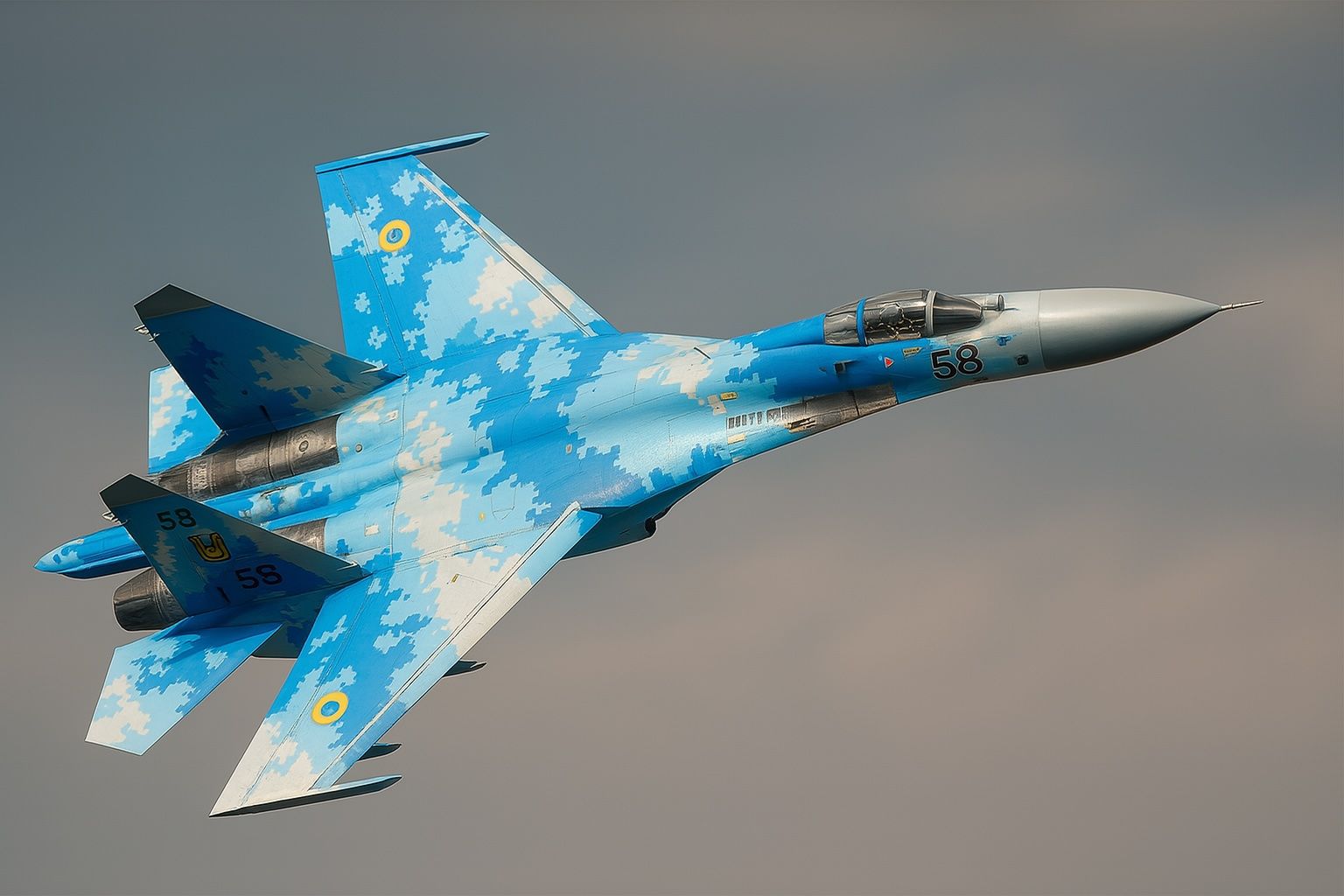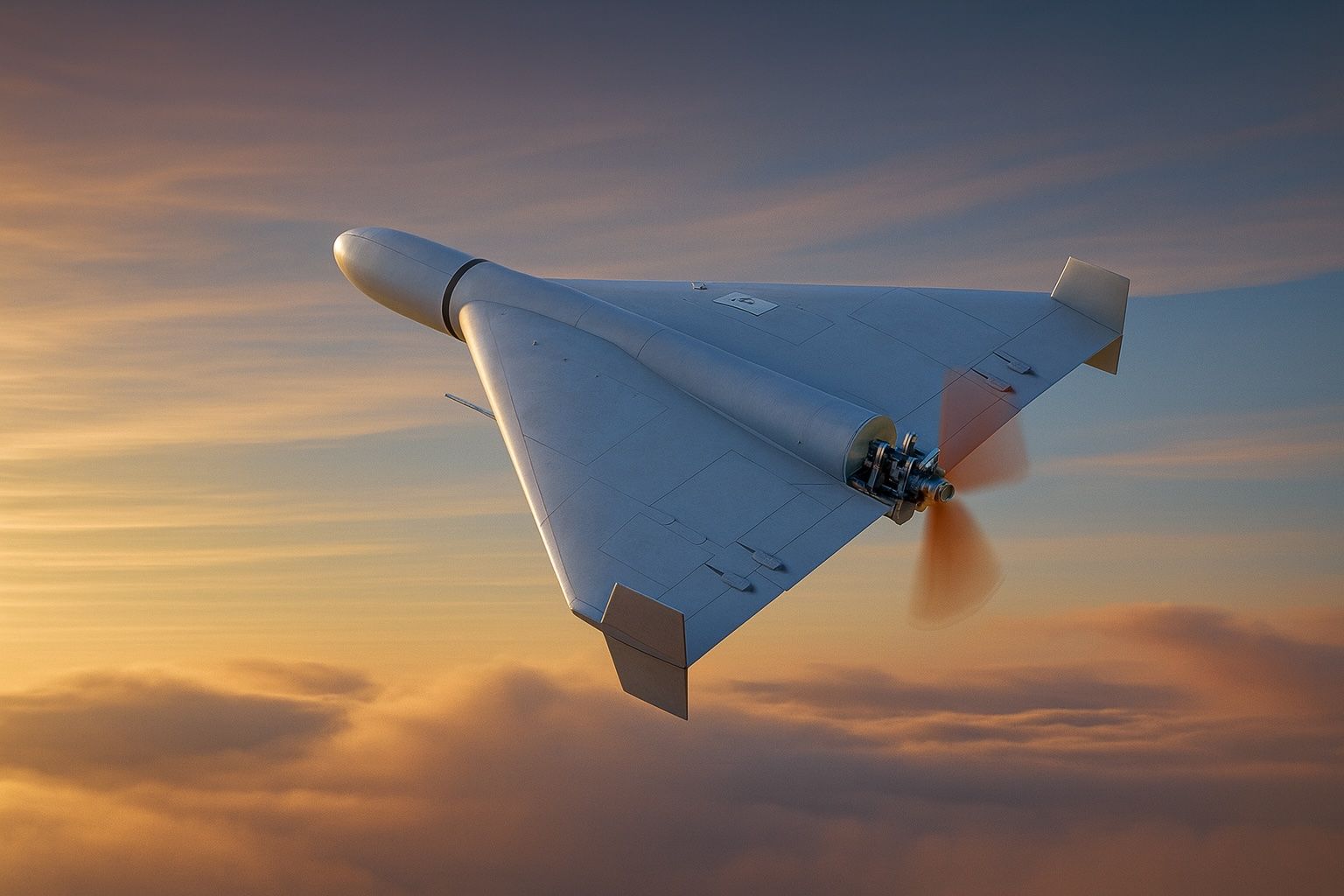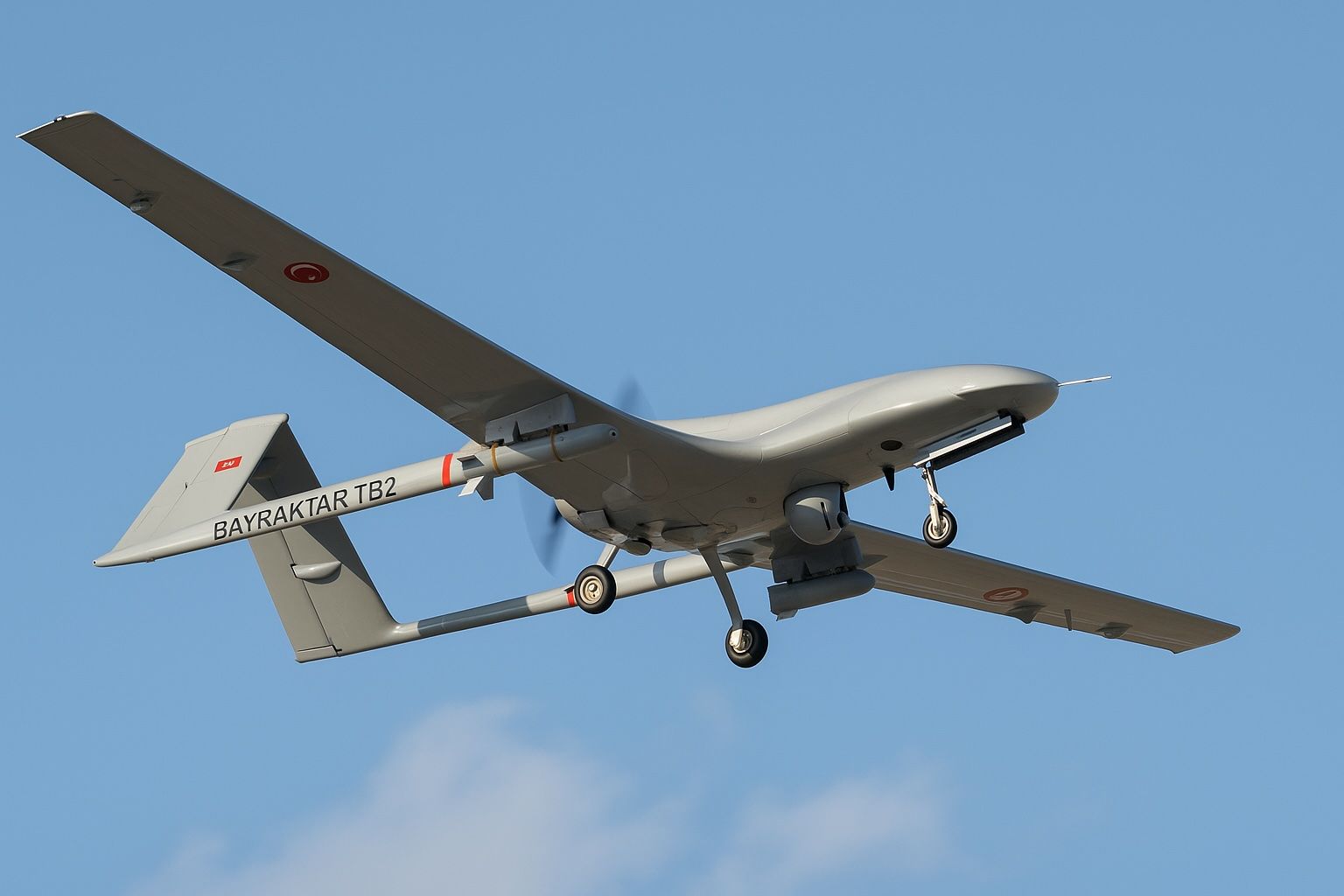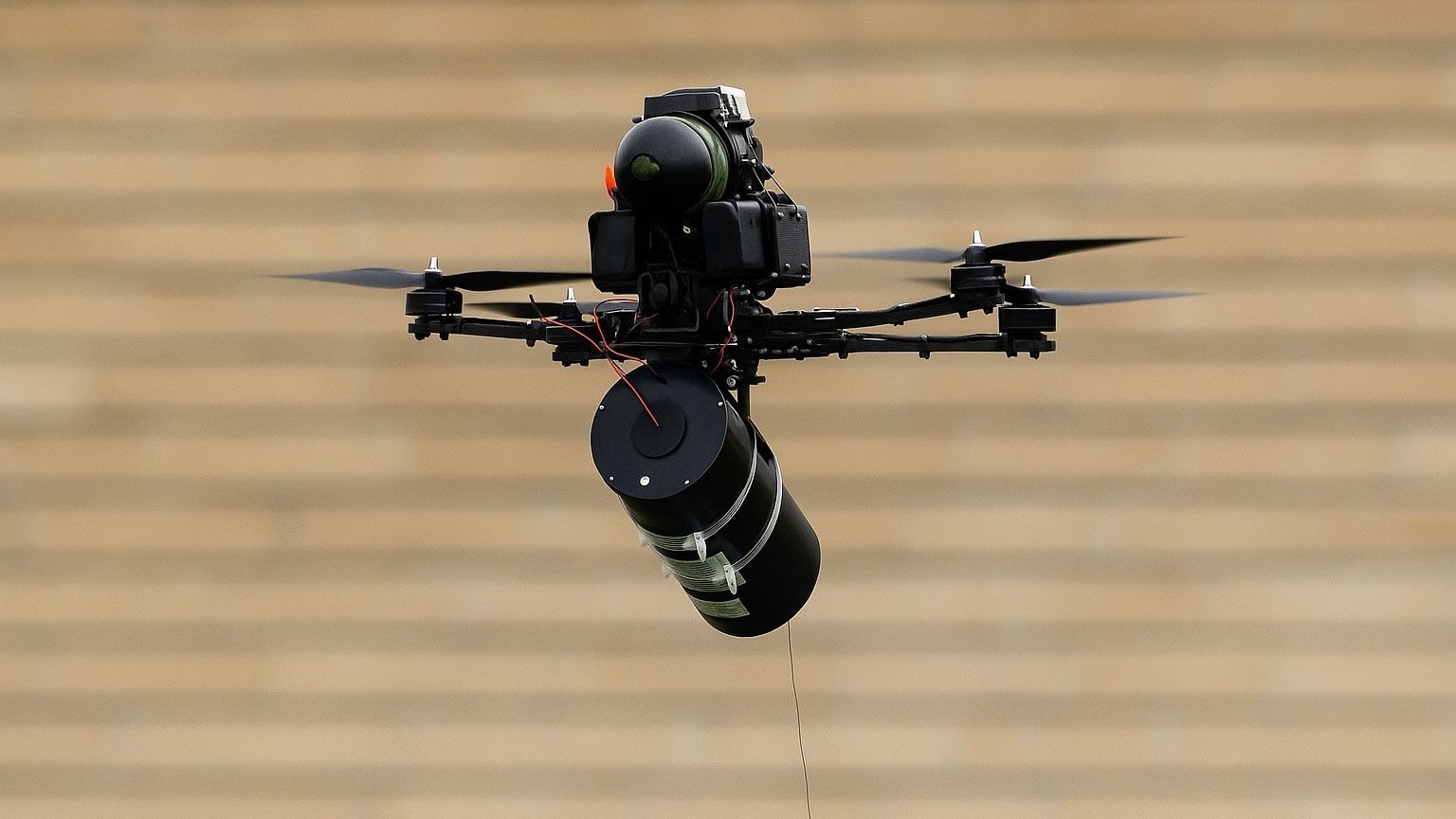
Ukraine’s Sky Guardians: From MiG-29s to F-16s – Every Fighter Jet Defending Ukraine’s Skies
The MiG-29 Fulcrum is described as agile, capable of speeds over Mach 2.25, with a roughly 700 km internal range, six external hardpoints, and a typical loadout of up to 4 R-73 and 2 R-27R missiles, plus the notable HARMs SEAD capability. The Su-27 Flanker serves as Ukraine’s heavyweight air superiority fighter with speeds over Mach 2.3, ferry range over 3,500 km, a combat radius around 1,500 km, 10 hardpoints, and has been observed carrying HARMs and conducting long-range strikes. The Su-24 Fencer is a swing-wing bomber capable of Mach 1.35–1.6, ferry range 2,700–3,000 km, combat radius ~600 km, eight





















